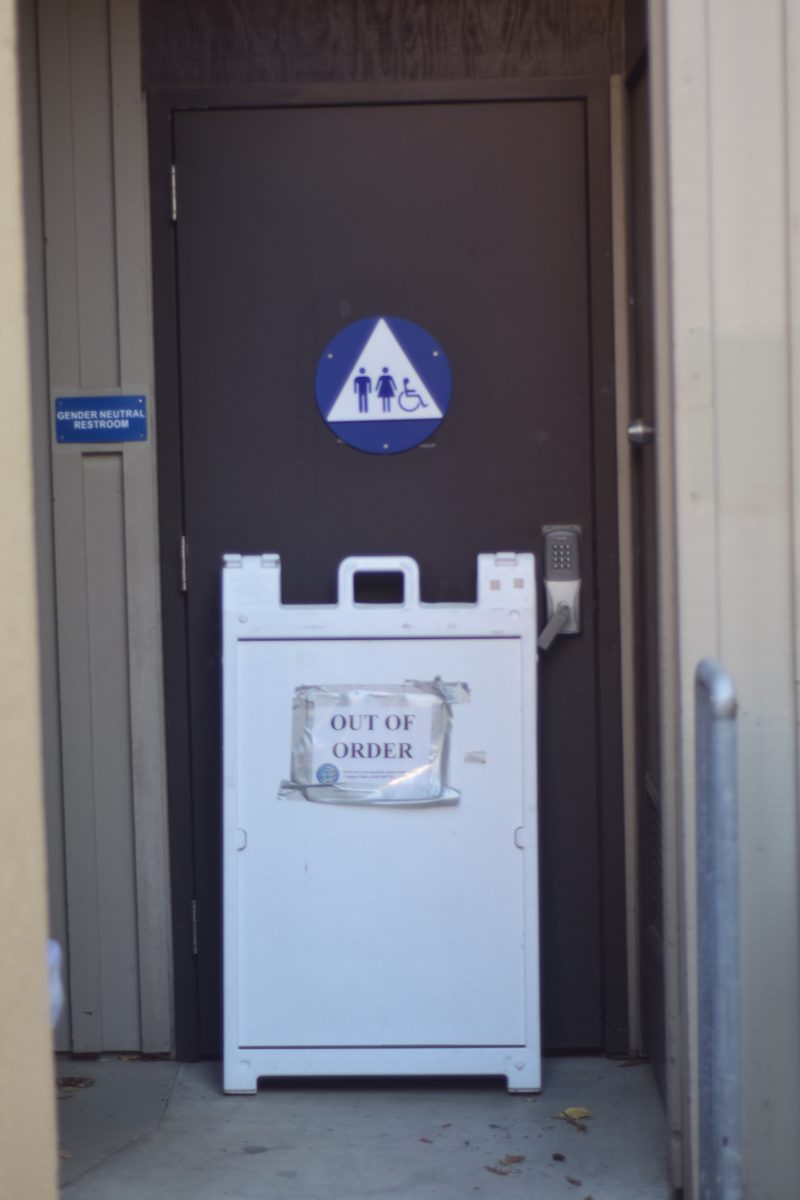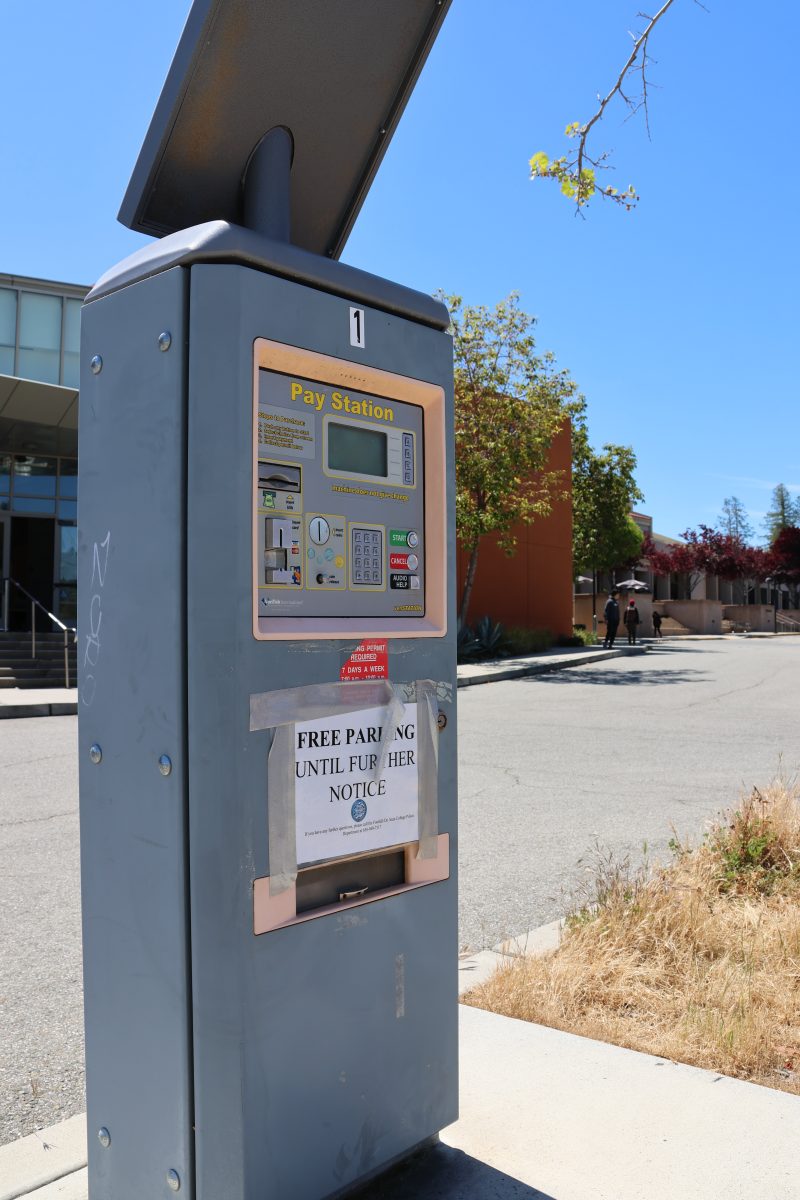Many have grown up in America with the understanding that this land embraces and appreciates diversity of culture and what individuals have to offer. But in reality, struggles still exist. From the heated debates on immigration to illegal immigrants being deported to their homelands, which now include the minors who initially arrived to this country as children, innocents who never realized how their parents’ actions could affect their future are being affected now.
This has guided Congress to the reintroduction of the Development, Relief and Education for Alien Minors Act, a bipartisan legislation that reconsiders the fate of the younger generations that have obediently entered this country, lived as illegal immigrant children and spent their life in the United States as law-abiding members of an educated society. Without this proposition, those that entered the country at a young age are powerless to legally work in the U.S., and live with the constant fear of deportation.
The DREAM act, first introduced in the Senate by Democrat Richard Durbin and Republican Richard Lugar, specifically changes the current law by allowing immigrant students with “good moral character” who entered the U.S. at the age of 16 or younger, for at least five years (before the bill is enacted), to qualify for conditional permanent resident status after graduation from high school.
This generation has been influenced by ideas such as equality, pursuit of happiness, natural rights, and the American Dream. They have been brought up with the notion of success through hard work, and a path paved with sweat leading to a white picket fence. And for those that have learned the morals and beliefs of the American culture, they believe to have earned the right to remain in the land that raised them.
Aside from the ethical aspect are the practical benefits this country receives by allowing them a lawful way to implement themselves into our society. With the economic crisis at hand, the success of the future’s workforce depends on the inquisitive minds of the skilled and educated, as they will be the population that propels us forward. And considering the fact that these students’ education has already been given and paid for, it logically follows that America should reap the benefits of that education by accepting the honest work they provide us with.
There are many that are understandably against this act, as they are aware of the moral injustice of deportation, but are unsympathetic considering today’s economic situation, and their own struggles to attain a job. But this is a nation that depends on the labor of immigrants. In contrast, Japan’s economy struggles as their strict immigration laws allow the retired population to far surpass the influx of capable, motivated workers. Many European countries face the same dilemma. Thus the DREAM act operates as a stimulus policy in itself. With legalized immigrants earning more, paying more in taxes, contributing to the Social Security system, and driving the workforce from their self-motivation, it is rational to say that immigrants truly do make the economy go round.








